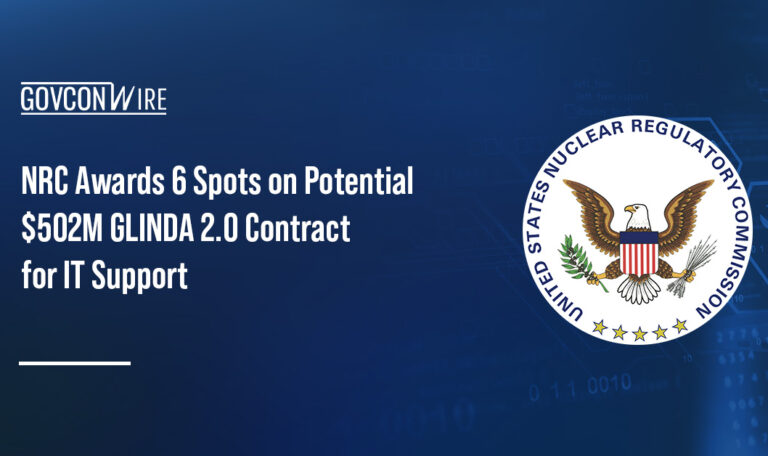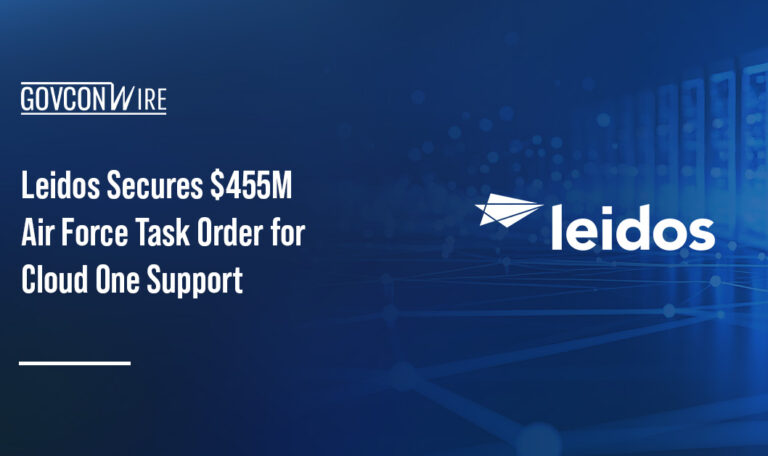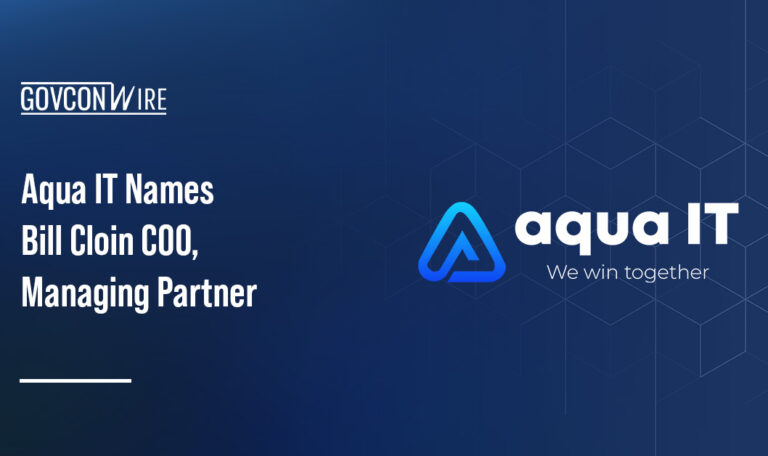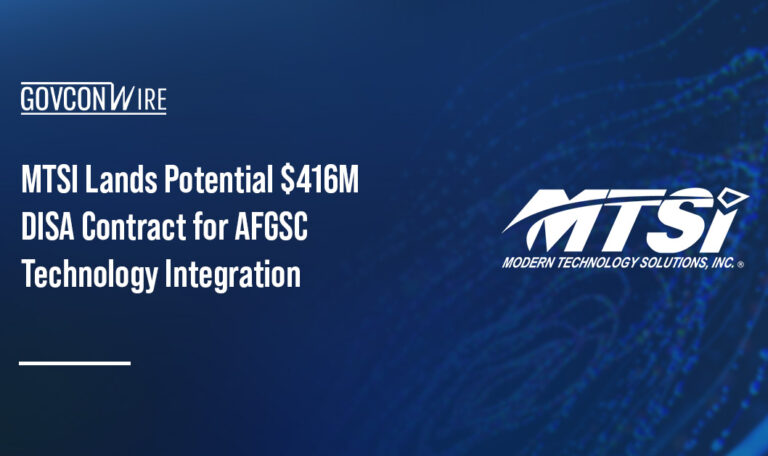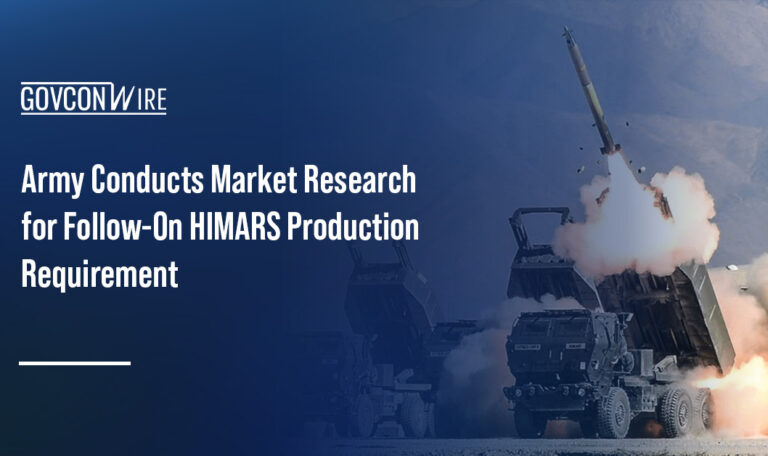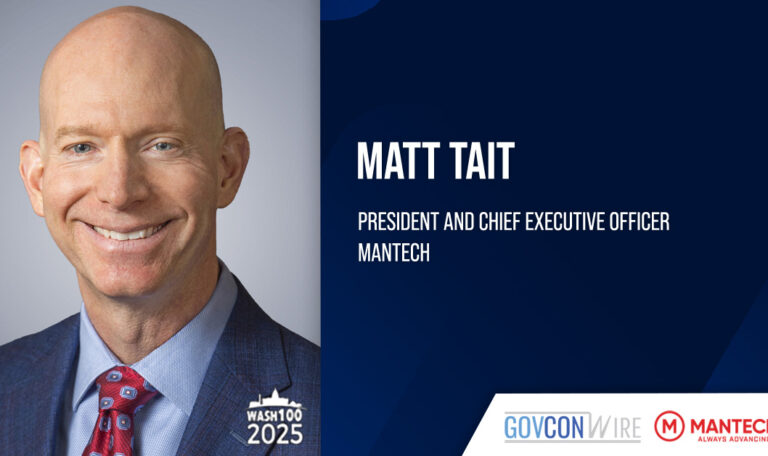By Kim Koster, Vice President of Industry Marketing at Unanet
Government contractors are under more pressure than ever to make wise and strategic choices about which contracts to pursue, how to price their services effectively and how to better manage their indirect costs.
They also need to be able to predict their best chances of winning, all while keeping their operations running smoothly. This challenge can be particularly tough for small and mid-sized businesses that are dealing with tight budgets and limited resources.
That’s where artificial intelligence comes in. AI has the potential to radically change how GovCons operate.
The 2024 GAUGE Report from Unanet and CohnReznick—titled “Balancing Efficiencies & Compliance With AI Insights”—takes a closer look at how many GovCons currently view and interact with AI, and the results are telling.
Determining Your GovCon’s Readiness for AI
AI covers a wide range of technologies, from natural language processing, or NLP, tools to powerful language models like ChatGPT, along with predictive tools and machine learning algorithms. These innovations can really streamline operations — think about automating tasks, validating data, generating proposals, checking clauses or even serving as virtual assistants. For instance, AI can transform a photo of an invoice into a cost entry or gather information from various platforms into one real-time dashboard.
That said, not every organization feels ready to weave AI into their core strategies and operations just yet. If you’re curious about your organization’s readiness, consider referencing the AI Maturity Model in the 2024 GAUGE Report. It’s a great way to assess how prepared you are to adopt and implement AI effectively.
The AI Maturity Model categorizes GovCons into four different categories: Level 1 (Resistant), Level 2 (Curious), Level 3 (Emergent) and Level 4 (Mature). Knowing where you fall on this spectrum can help you understand how much further you have to go to see the true benefits of AI.
Kickstarting Your AI Strategy
The GAUGE Report also discusses how to implement AI into your GovCon’s business operations, and this doesn’t happen overnight. Here are seven steps to get started:
1. Identify beneficial processes
Pinpoint the processes and systems where AI can provide the most significant impact. Focus on areas that are labor-intensive, repetitive or require high accuracy.
2. Build internal expertise
Ensure your leadership and key personnel understand AI governance. This includes ethical considerations, compliance requirements, and the overall strategic value of AI.
3. Prepare organizational data
Your AI will only be as good as the data it operates on. Ensure your data is secure, clean, accurate and relevant to your business needs.
4. Assess cybersecurity and privacy risks
AI implementation can introduce new vulnerabilities. Assess your current cybersecurity and privacy risk profile and implement measures to mitigate these risks.
5. Map compliance requirements
Ensure your AI processes and tools align with industry regulations and compliance requirements. This will help avoid legal pitfalls and ensure smoother implementation.
6. Choose the right tools
Select AI-based tools and platforms that align with your desired outcomes. Ensure they meet the specific needs of your organization.
7. Plan for a phased implementation
AI adoption should be gradual. Start with pilot projects, gather feedback and scale up based on what works best for your organization.
How Are GovCons Already Using AI?
According to the 2024 GAUGE Report, one third of GovCon firms are already using AI, particularly in the areas of business development and marketing. ChatGPT and predictive tools are especially attractive in these areas. More than half of GovCon firms plan to use AI in these business areas within the next year. However, finance and accounting remain largely untouched by AI due to concerns over data integrity and compliance.
The firms most prolific in AI usage tend to have revenues between $25 million and $50 million. These firms not only surpass others in current AI usage but also plan to significantly increase AI adoption in business development and marketing.
This indicates a recognition of AI’s value in achieving growth and efficiency, particularly as these firms transition from small-medium business, or SMB, to other than small business, or OTSB.
Extracting Maximum Benefit From AI
AI thrives on data — the better the data, the more effective the AI. OTSBs that frequently use AI also consider themselves highly data-driven and are more confident in their data’s quality and accuracy.
However, the data shows that confidence levels in data quality and accuracy remain similar across companies, regardless of size. This underscores the need for all companies to focus on data integrity.
AI’s Impact on Growth and Profitability
About two-thirds of respondents in the GAUGE Report believe AI will benefit content generation and data analysis — key areas for business development. AI applications in this domain include writing proposals, analyzing market data, triaging opportunities, examining historical performance, validating compliance for bids and predicting win probability.
The integration of AI in government contracting is not just a trend but a necessity for staying competitive. Focusing on data integrity, choosing the right AI tools and planning for a phased implementation allows GovCons to harness the power of AI to drive growth, efficiency and operational excellence.
Looking for a comprehensive roadmap for maximizing opportunities and navigating risks, both for AI and other key business areas? Download the 2024 GAUGE Report today.







